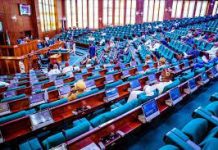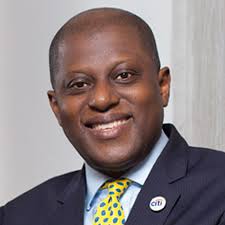
Los Angeles has been chosen by the Biden administration to host this year’s Summit of the Americas, a key gathering that U.S. officials hope would help mend diplomatic fences in the Western Hemisphere.
The White House announced Tuesday night that the meeting to be held on U.S. soil for the second time since the forum was created nearly three decades ago.
According to the white house, this will take place in early June in Los Angeles.
The administration cited the city’s “deep and robust” ties throughout the hemisphere as one of the reasons it was selected.
The White House official who spoke on condition of anonymity said to discuss the matter ahead of the formal announcement.
President Joe Biden would attend the meeting. Former President Donald Trump skipped the last summit, which was held in Peru in 2018.
The summit was scheduled to convene in every three years, though it was delayed this time by a year because of the pandemic.
For the Biden administration, holding the meeting in Los Angeles provides ways to show the connection between U.S. domestic and foreign policies.
The city has a large population of Latinos with family members spread throughout Central and South America.
Los Angeles has also been hit particularly hard by COVID-19, a disease that disproportionately affects Latinos.
The Los Angeles venue “is especially relevant for those of us who are hyphenated Americans,” the White House official said.
It noted that “more than 224 languages spoken” in the greater Los Angeles area representing 140 countries.
The first such summit was held in Miami in 1994, with President Clinton as the host.
It was billed as an early post-Cold War venue for regional partnerships in trade, aid and security.
The Biden administration has struggled at times to formulate and execute its policies in Latin America.
A focus on the so-called Northern Triangle of Central American countries that fuel immigration into the U.S. has met numerous obstacles.
The Mexican President, Andres Manuel Lopez Obrador, has proved mercurial and unpredictable, and the Venezuela policy aimed at ousting dictator Nicolas Maduro was in disarray.
Another tricky issue was who was invited to the summit.
Attendance has generally been limited to democratic countries.
Peru revoked Venezuela’s invitation in 2018.
Cuba rarely attended except in Panama in 2015, when then Presidents Raul Castro and Obama famously shook hands, launching what would be a historic defrosting of U.S.-Cuba relations until the Trump administration killed those efforts.
The Biden administration official said criteria were still being discussed on who will be invited, such as whether countries like Nicaragua and El Salvador, where increasingly authoritarian leaders are exerting control, will make the cut. (dpa/NAN)



